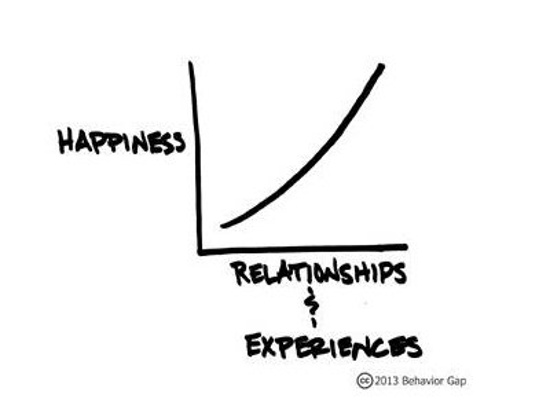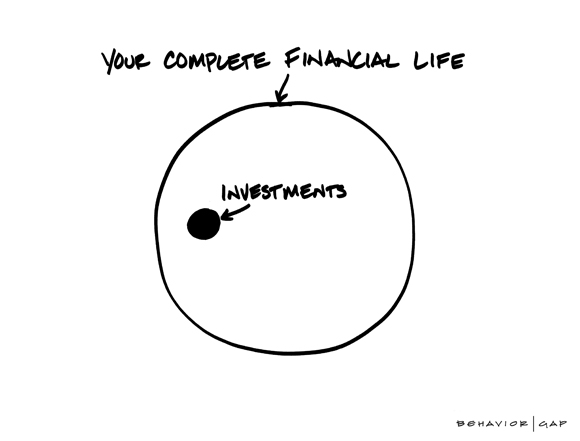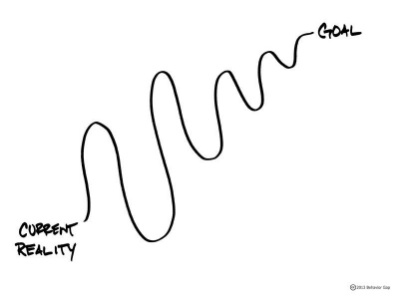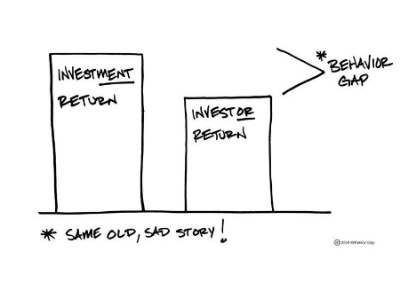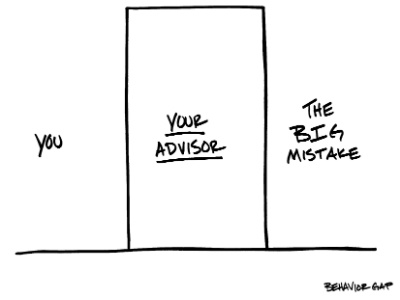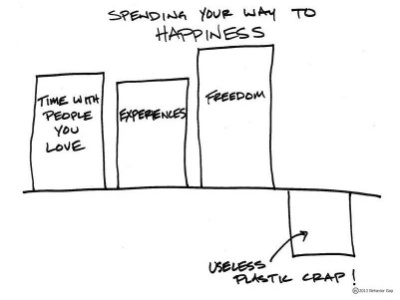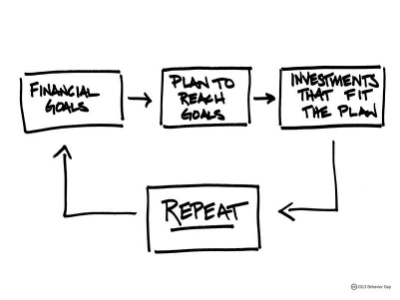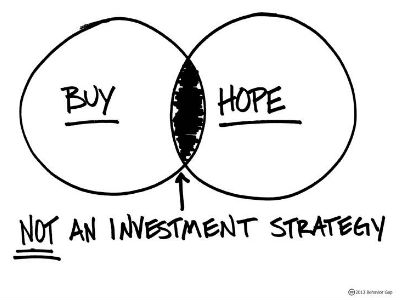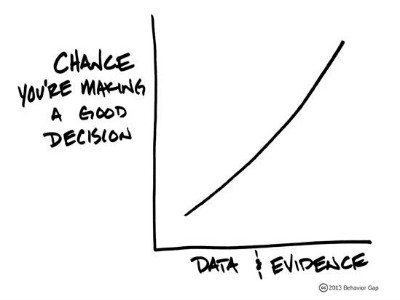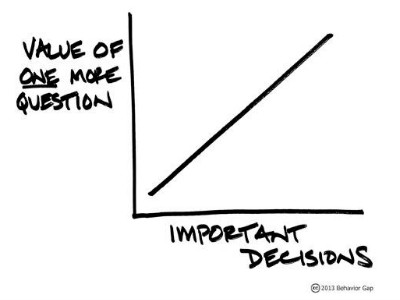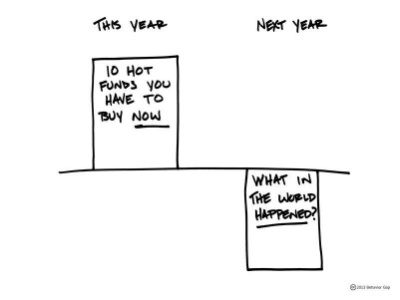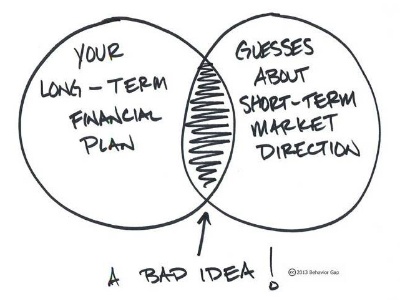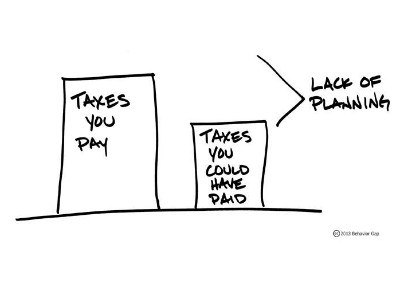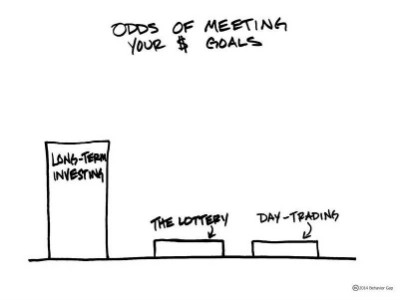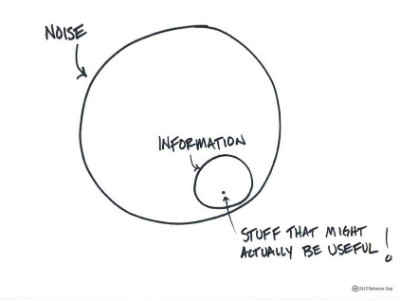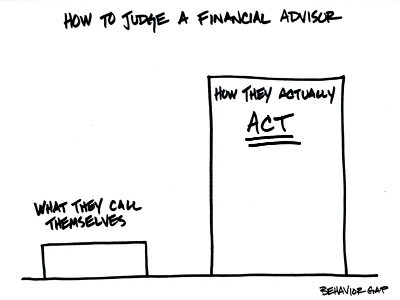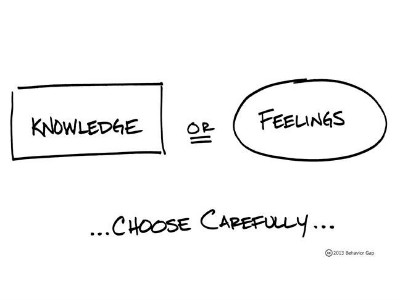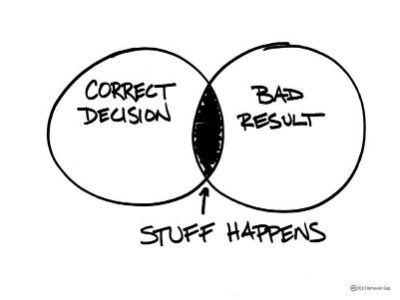Services
Contact
AES International
Level 2, Exchange Tower
Al Mustaqbal Street (Future Street)
PO Box 191905
Dubai
United Arab Emirates
This communication is a financial promotion intended for the recipient’s background information and use only. It is provided in good faith and based on sources believed by AES to be reliable, with reasonable grounds to believe that all factual information herein is true as at the date of issue. AES makes no warranty or representation as to the accuracy or completeness of the information and accepts no responsibility for any loss arising from its use. This material is intended for Retail Clients only and does not constitute investment advice, a recommendation, or an offer to invest, provide personal financial advice, or an offer of any services or products for sale. It is not intended to provide a sufficient basis on which to make an investment decision. Investment products involve risk, including the potential loss of capital. Any persons wishing to make a purchase are responsible for informing themselves of and observing all applicable laws and regulations. Unauthorised reproduction or transmission of this material is strictly prohibited.
‘AES’ refers to the AES Group’s separate but affiliated entities generally, rather than to one particular entity. These entities are AES Middle East Insurance Broker LLC registered with the UAE Ministry of Economy, United Arab Emirates, Licence no. 571368, and Commercial Registration no. 75162 and regulated by the UAE Central Bank license no. 189; AES Financial Services Limited, incorporated and registered in England and Wales with company number 06063185, authorised and regulated by the UK Financial Conduct Authority FRN: 464494; AES Financial Services (DIFC) Ltd, registered in the Dubai Financial Centre (DIFC) as a foreign company, license no.2128, and regulated by the Dubai Financial Services Authority (DFSA) Reference No F003476; AES International Limited, a private company incorporated and registered in the British Virgin Islands with company number 1839872; AES International Global Limited, a private company incorporated and registered in the British Virgin Islands with company number 1887885. Please visit our authorisations page for further information on regulation, redress and accessibility.
If you are outside the UK and we advise you or carry out other business, nearly all the rules, regulations and arrangements made under the UK regulatory regime (including the rules made by the FCA and the dispute resolution process provided by the UK Financial Ombudsman Service) will not apply to most aspects of the service you receive, such advice or business being provided from outside the UK. You should therefore clearly understand such rights and protection as are afforded in the jurisdiction where you receive advice. Local law, regulation and redress processes will apply in almost all cases, and will be different from that of the UK.
Terms of Use |
Authorisation, Regulation and Redress |
Cookies |
Privacy Policy |
Data Processing
Copyright © 2026 AES Middle East Insurance Broker LLC. All rights reserved.

